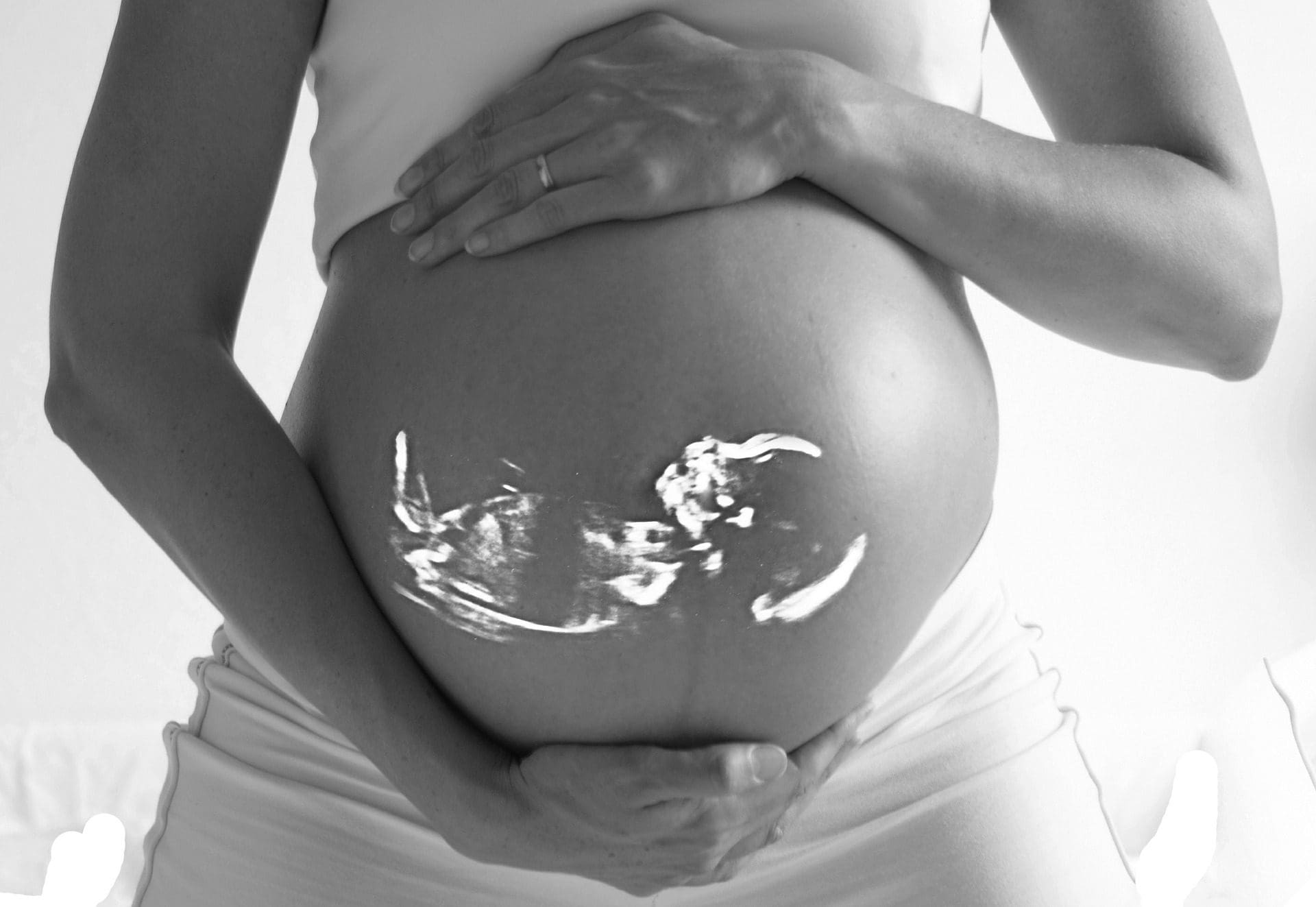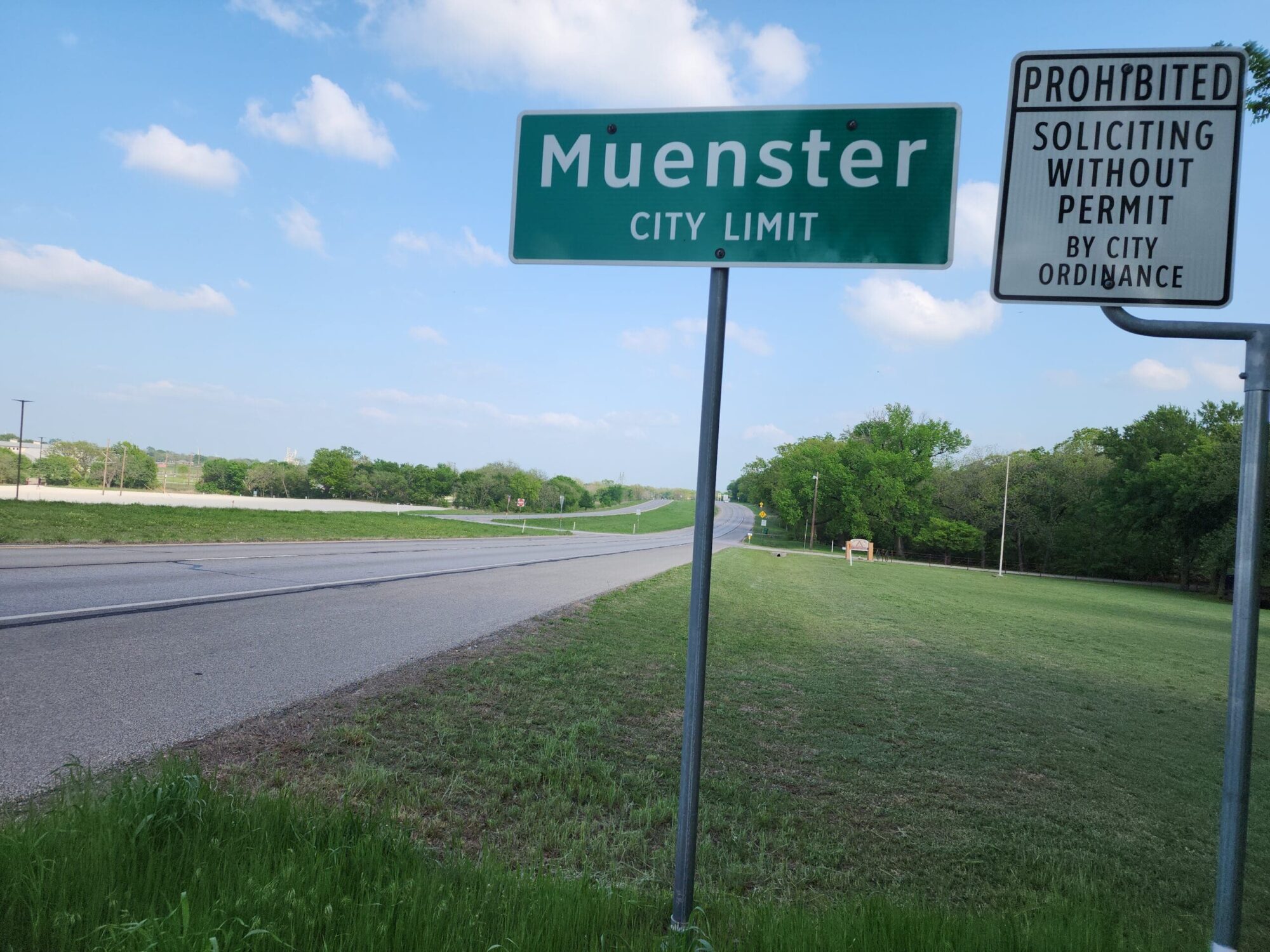The Texas Supreme Court blocked a lower court order allowing 31-year-old Kate Cox to abort her baby who is high risk for an often fatal disorder.
The Supreme Court’s one-page directive put an administrative stay “without regard to the merits” on the Travis County district court’s December 7 order permitting Cox to get an abortion.
According to Cox’s December 5 lawsuit filed with the Center for Reproductive Rights, the child is currently at a high risk of a condition known as trisomy 18, which has a “very high likelihood of miscarriage or stillbirth and low survival rates.”
The court order allowing Cox to bypass the state’s abortion ban by Travis County Judge Maya Guerra Gamble declared that the fetus’ condition put Cox’s life at risk.
“The Court finds that Ms. Cox’s life, health, and fertility are currently at serious risk, and she needs a dilation and evacuation (“D&E”) abortion immediately to preserve her life, health, and fertility,” the court’s temporary restraining order (TRO) reads.
However, Texas Attorney General Ken Paxton argued that Cox’s case did not meet the requirements for the state’s abortion exception—which only allows women to terminate a pregnancy if the mother’s life is directly at risk.
Instead, Paxton wrote a letter addressed to three Houston hospitals warning them that judges cannot protect doctors and clinics from the repercussions of violating Texas law.
Paxton’s December 7 letter states that the TRO “will not insulate you [the hospitals], or anyone else from civil and criminal liability for violating Texas’ abortion laws.”
Pro-life advocates are celebrating the Supreme Court’s stay.
Director of Media and Communications at Texas Right to Life Kimberlyn Schwartz told Texas Scorecard that “Texas Right to Life is thankful that the Supreme Court of Texas protected Baby Cox.”
Pro-abortion groups are pitting women against their children when we as a culture should instead value both the mother and baby. Children with disabilities deserve more protection from us, not less.
Schwartz also stated, “While Ms. Cox and Baby Cox’s conditions certainly require careful watch, the evidence in court does not show that the mother’s status is emergent and medical experts have pointed to available life-affirming alternatives for both her and the baby.”
Texas Scorecard has yet to receive comments from Center for Reproductive Rights attorney Molly Duane at the time of publishing.
No ads. No paywalls. No government grants. No corporate masters.
Just real news for real Texans.
Support Texas Scorecard to keep it that way!





